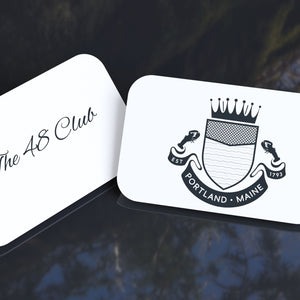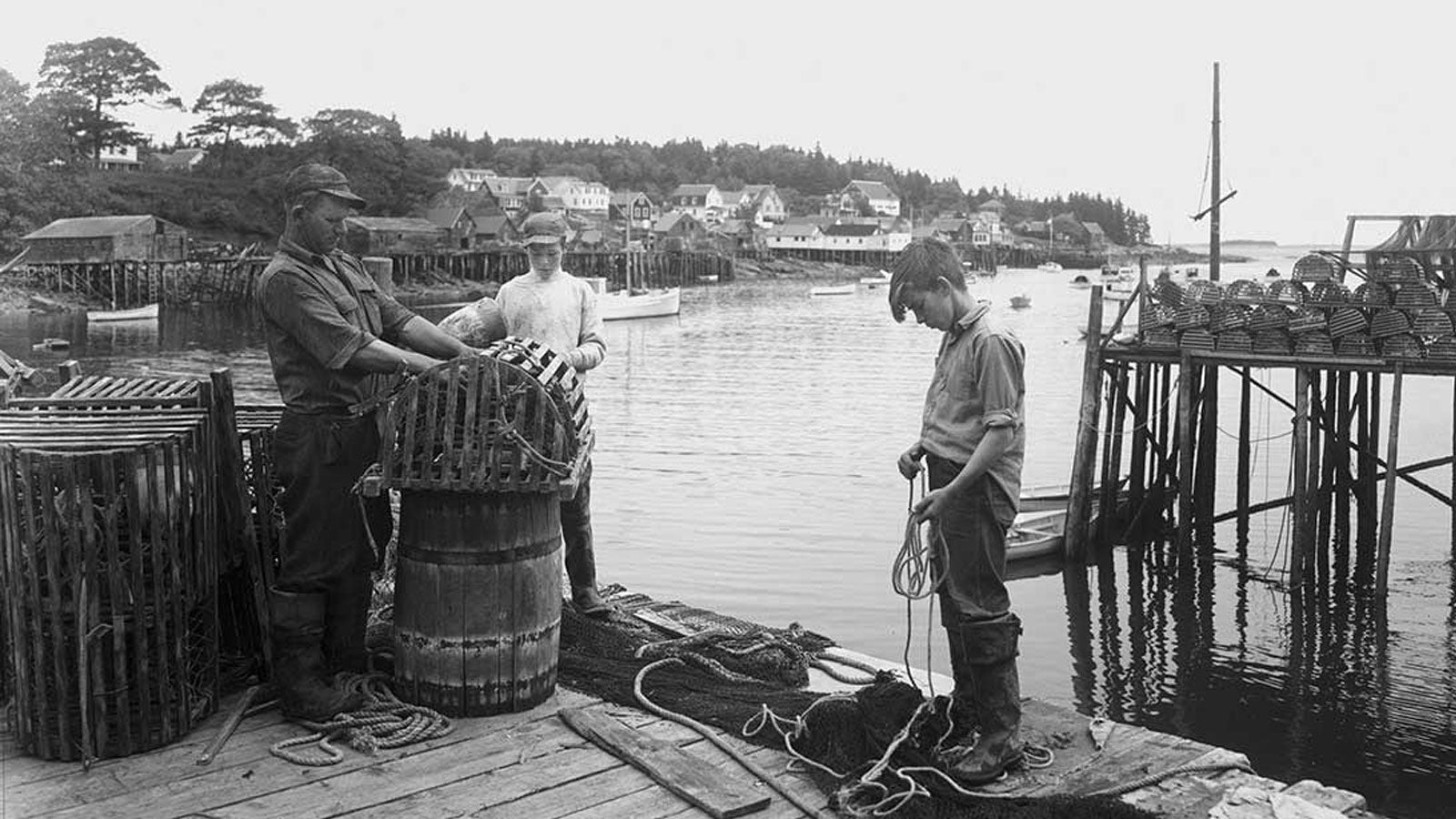Experience the rich legacy of Maine lobstering, where every catch tells a story of tradition, community, and sustainability. Taste the sweetness of history with every bite of Maine lobster, harvested with care from the cold Atlantic waters.
As the sun peeks over the rocky shores of Maine, lobster boats sway gently on the morning tide, their crews already hard at work. Here, lobster isn’t just a dish, it’s a way of life. For generations, families have passed down the art of lobstering, turning it into a proud tradition woven into the state’s identity.
While many know Maine lobster as a buttery, mouthwatering delicacy, few realize the deep cultural roots it holds. It’s more than a meal. It’s a story of heritage, community, and hard-earned harvests from the cold Atlantic waters. Every bite tells a tale of the sea.
Deep Roots: The Origins of Maine Lobstering
Long before lobster became a celebrated delicacy, it was a vital part of the lives of the Indigenous people along the Maine coast. Tribes such as the Wabanaki harvested lobsters by hand from tidal pools and used them as both sustenance and fertilizer. These early practices reflected a deep respect for the sea and its rhythms.
By the 1800s, lobstering began to evolve into a formal industry. As coastal settlements grew, so did the demand for lobster, first locally and eventually nationwide. Fishermen started using wooden traps and small boats, launching what would become one of Maine’s most iconic trades. The development of canning techniques in the mid-19th century helped transform lobster from a humble staple into a market commodity.
Maine’s natural environment played a crucial role in this transformation. The state’s cold, clean waters create the perfect habitat for lobsters to thrive, oxygen-rich, low in pollutants, and full of the rocky hiding spots lobsters love. These ideal conditions allow Maine lobsters to grow slowly, developing their famously sweet, tender meat.
Today, this pristine setting continues to shape the quality and sustainability of Maine’s lobster industry, anchoring it firmly in both the past and future of the state’s coastal communities.

The Heartbeat of Coastal Communities
In Maine's coastal towns, lobstering isn’t just a job. It’s a tradition passed down through generations. You'll find families where great-grandparents, parents, and children have all worked the same boat, waking before sunrise to haul traps and navigate the same rocky shores. These are often family-owned operations, with knowledge and values shared at sea and around the kitchen table.
Entire small-town economies are built around the lobster catch. From boat builders and trap makers to local seafood shacks and processors, lobstering supports a wide network of hardworking people. It’s the heartbeat of coastal life, blending community pride with daily grit.
Ask any Maine lobsterman or woman, and you’ll hear stories of resilience, connection to nature, and a deep respect for the ocean. Whether it’s a father teaching his daughter the ropes or a seasoned captain weathering a storm, these stories keep the spirit of Maine’s coast alive and thriving.
A Model for Sustainability
Maine has become a global model for sustainable seafood, thanks to generations of lobstermen who understand that protecting the ocean means protecting their way of life. Long before sustainability was a buzzword, Maine's lobstering community was setting the standard with smart, forward-thinking practices.
Strict trap limits, minimum and maximum size laws, and the protection of egg-bearing females all help ensure lobster populations remain healthy. These rules aren’t just regulations. They’re traditions, honored by those who depend on the sea.
One of the most unique aspects is the lobster license heritage. In many families, a lobster license is more than a permit. It’s an heirloom, passed down through generations like a treasured keepsake. This deep sense of ownership and responsibility fuels a commitment to conservation that’s both personal and powerful. Maine’s lobstermen aren’t just catching today’s seafood. They’re safeguarding tomorrow’s catch, making every lobster pulled from the sea part of a larger legacy.
The Evolution of the Industry
Maine’s lobster industry has come a long way from humble bait shacks and dockside sales. Today, lobster from Maine is shipped across the country and around the world, while still holding onto the authenticity that makes it special. Advances in technology, like refrigerated transport and sustainable packaging, have helped bring this coastal treasure to new markets without compromising quality or tradition.
Despite growth and change, the heart of the industry remains the same: hardworking families who rely on the sea. These lobstering communities have weathered major challenges, from shifting global markets to the growing impact of climate change. Through it all, they’ve adapted while staying true to their roots.
What sets Maine lobster apart isn’t just the taste. It’s the story behind every catch. With each lobster, you're getting more than a meal; you’re tasting the resilience, innovation, and heart of an industry that continues to evolve while honoring its past.

Why Maine Lobster Tastes Different
Maine lobster has a flavor that’s hard to beat, and there’s real science behind it. The cold, clean waters of the North Atlantic slow the lobster’s growth, allowing the meat to develop a firm texture and rich, sweet flavor. Unlike warmer waters, Maine’s chilly seas create the perfect conditions for producing lobster that’s tender, succulent, and naturally delicious.
But it’s not just the environment that makes Maine lobster stand out. It’s the way it’s caught. Lobstermen and women hand-haul each trap, selecting only legal-sized lobsters and returning the rest to the sea. This careful, sustainable approach ensures minimal stress on the lobster and maximum freshness for every catch.
From boat to table, Maine lobster is handled with care and respect. That attention to detail, combined with nature’s perfect setting, is what makes Maine lobster the gold standard. It’s not just a seafood choice. It’s a taste of Maine’s coastal pride.
Taste the Legacy in Every Bite
Every Maine lobster tells a story of early mornings on the water, generations of family tradition, and a way of life deeply tied to the rhythm of the sea. Behind every bite is the hard work of lobstermen and women who know these waters like the back of their hands. Many learned the trade from parents or grandparents, and now teach their own children the same time-honored skills.
Each lobster represents more than a meal. It’s a symbol of coastal heritage, passed down with pride and protected with care. From hauling traps to preserving ocean health, Maine’s fishing families bring heart and history to every catch.
When you enjoy Maine lobster, you’re not just savoring sweet, tender meat. You’re honoring the people who make it possible. Their stories, their dedication, and their respect for the ocean live on in every delivery. It's a tradition you can taste, rooted in authenticity and love for the sea.
Keeping the Story Alive
Supporting Maine lobster means more than enjoying world-class seafood. It’s about preserving a rich, hardworking way of life rooted in tradition, family, and the sea. Every lobster you savor helps sustain coastal communities, honor generations of knowledge, and protect the ocean for future harvests.
When you choose Get Maine Lobster, you’re not just treating yourself to something delicious. You’re becoming part of a story that stretches back centuries. So come experience the true taste of Maine: one trap, one boat, one bite at a time. It’s more than a meal. It’s a legacy worth keeping alive.










